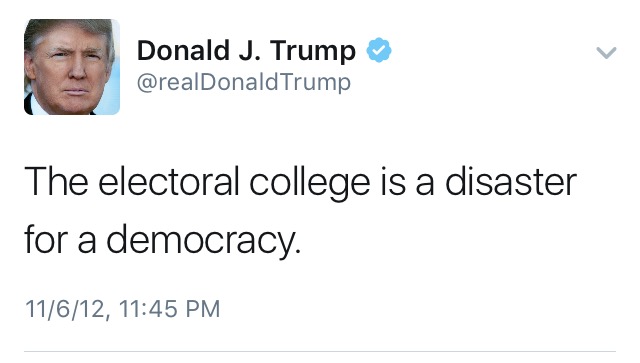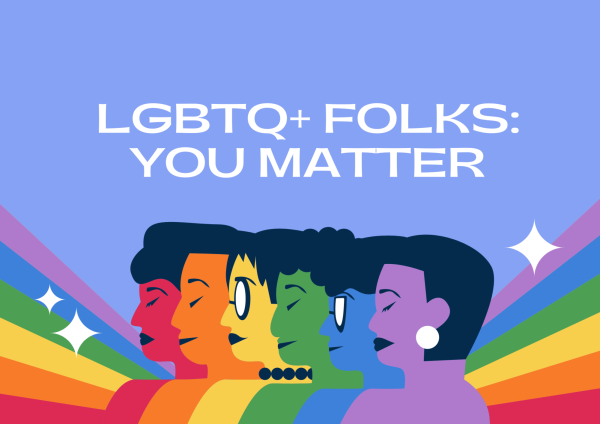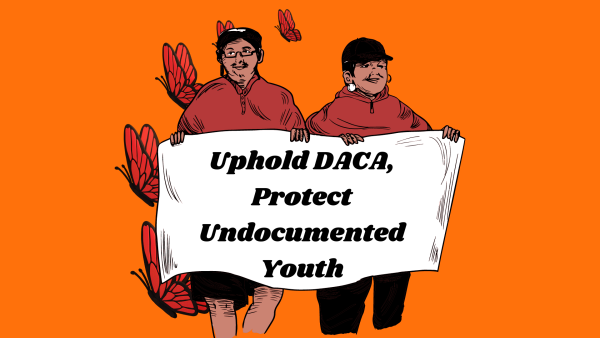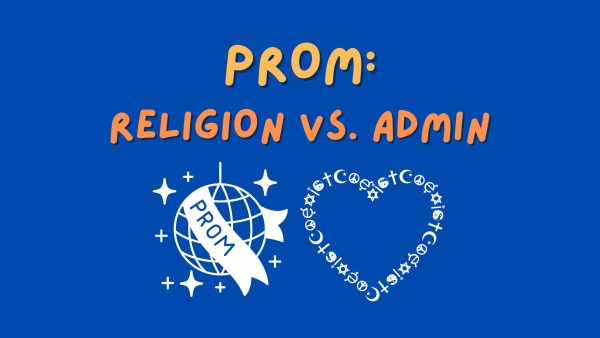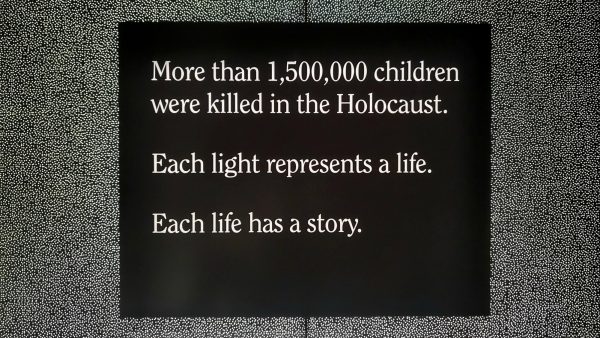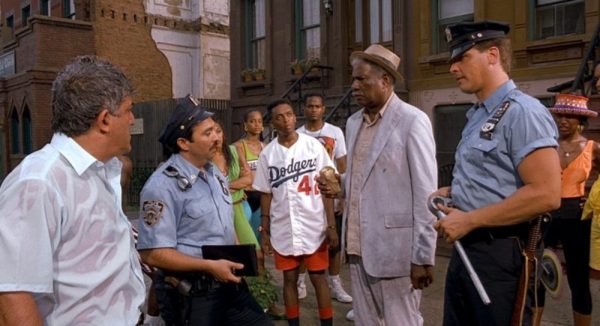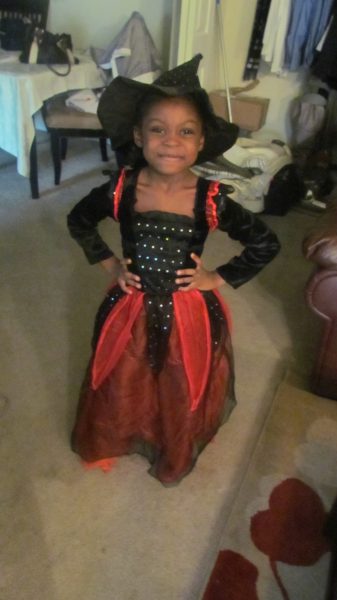Outdated Electoral College system robs voters of importance
In the early morning of November 9, 2016, Hillary Clinton lost to Donald Trump in the presidential election.
Or did she?
As we all know (at least those of us who have taken NSL), the president is elected by the electoral college: each state is assigned a certain number of electoral votes based on population, and whoever gets the most votes in that state get the electoral votes. Whoever gets 270 votes ends up being elected. This may sound simple on the surface, but the 2016 election revealed a fatal flaw in the system.
Though Trump did in fact get 270 electoral votes over Clinton’s 228 to win the election, Clinton won the popular vote, with more than 600,000 citizens voting for her over Trump. This has only happened three other times in history, the most recent being in the election of 2000, when George W. Bush defeated Al Gore for the presidency, despite losing the popular vote by over 500,000.
These instances beg the question: Is the electoral college truly a just system in electing our country’s leader? Does the system truly represent a democracy, even when more people vote for the candidate that ends up losing because of it? Trump himself has denounced the system in the past, claiming that “the electoral college is a disaster for democracy.”
Frustrated? While those online petitions are gaining traction, the reality is that they probably won’t make much of a difference. The best way to make a change in this case is to use your right to free speech and write to your local government representative to push for a change. If this outdated system is replaced with a more modern one, in future elections, every single person’s vote could actually count, regardless of what state a voter lives in.
Your donation will support the student journalists of Watkins Mill High School. Your contribution will allow us to purchase equipment and cover our annual website hosting costs.



